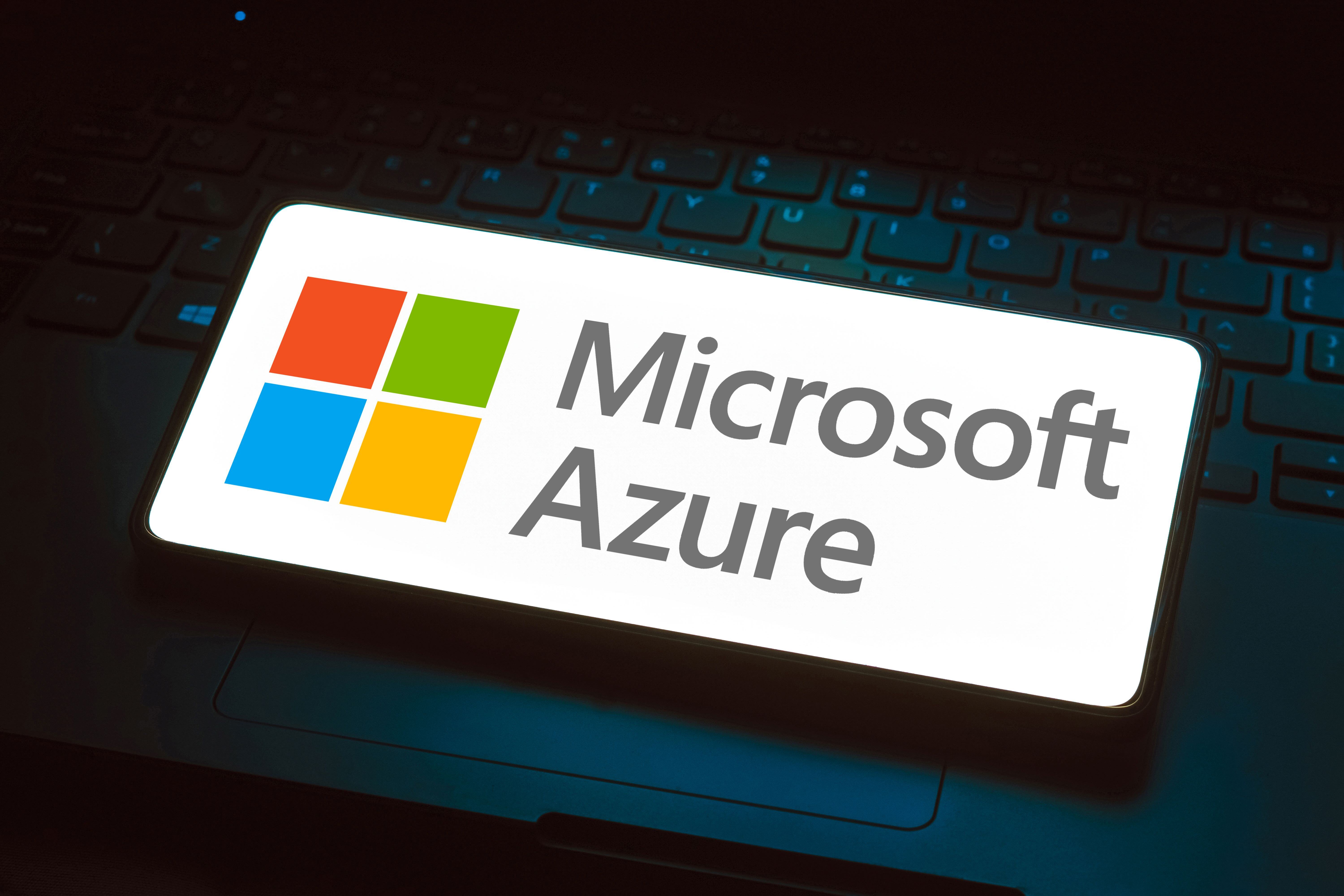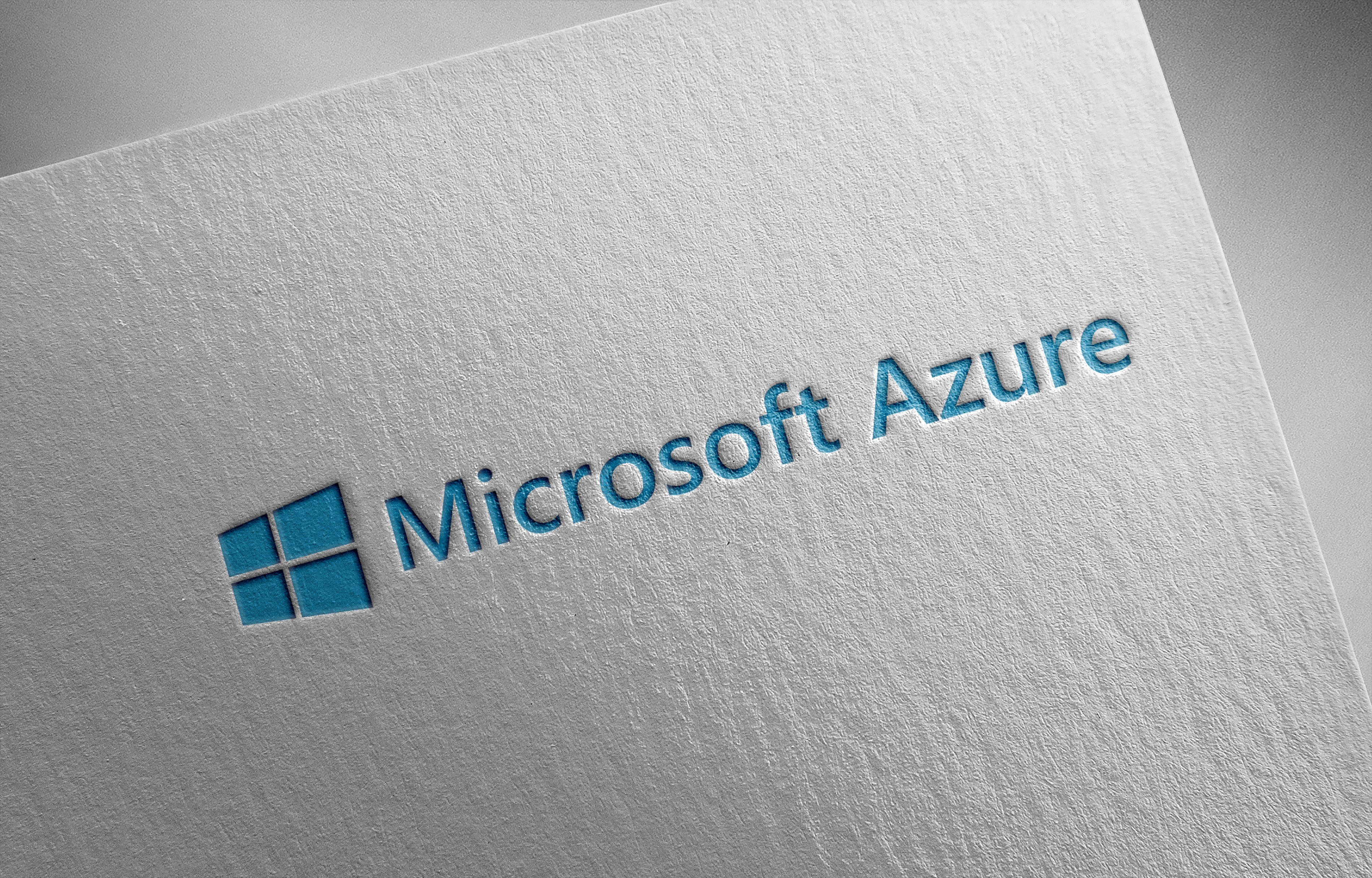What is Microsoft Azure? A Beginner’s Guide for Businesses
In today’s world, businesses are constantly looking for ways to improve and stay competitive. One of the most popular ways to do this is by using...
5 min read
Natalie : September 25, 2024

In today’s world, businesses are constantly looking for ways to improve and stay competitive. One of the most popular ways to do this is by using...

Today, businesses of all sizes are embracing cloud computing to gain flexibility, scalability, and cost efficiency. One of the most popular cloud...

In last weeks blog, we began to uncover the fundamentals of cloud computing and how it has proved revolutionary to a great number of businesses...